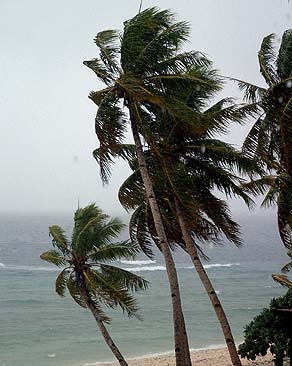back to merry olde england
Wood Boilers Cut Heating Bills
Their owners proudly proclaim that they reduce dependence on foreign oil — and save thousands of dollars on heating bills each year. Neighbors say that they create smoke so thick that children cannot play outside, and that it seeps into homes, irritating eyes and throats and leaving a foul stench.
This is progress, of course, burning trees being almost as trendy as cellulosic ethanol (and almost the same thing). Wait till the people chopping down the trees realize they can instead sell rights for the carbon credits. A tree in the ground, worth two in the boiler! (or is that yet to be...)
At least the standard is not yet being approached in America - - China is trying to corner the market.
London had been identifiable as 'the smoke' for centuries. Successive monarchs had tried to ban the burning of low quality 'sea-coal' because of the choking smoke it produced. In 1661, John Evelyn wrote his Fumifugium in protest at the
Hellish and dismall Cloud of SEA COAL…which is…so universally mixed with the otherwise wholsome and excellent Aer, that her Inhabitants breathe nothing but an impure and thick Mist accompanied with a fuliginous and filthy vapour, which renders them obnoxious to a thousand inconveniences, corrupting the Lungs, and disordring the entire habits of their Bodies; so that Catharrs, Phthisicks, Coughs and Consumptions rage more in this one City than in the whole Earth besides.
Little had changed 60 years later, when Jane Barker wrote that she 'us'd frequently to walk to take the Air, or rather the Smoke; for Air, abstracted from Smoke, is not to be had within Five Miles of London' (Barker 1723, 67). William Frend recorded in 1819 that 'The Smoke of London, first view'd from a distance, affords a sight which strikes a foreigner with astonishment'. Emerson wrote in his English Traits that the way in which London 'aggregates the distempers of the sky' justified the popular characterisation of the English climate as 'in a fine day, looking up a chimney; in a foul day, looking down one'.








